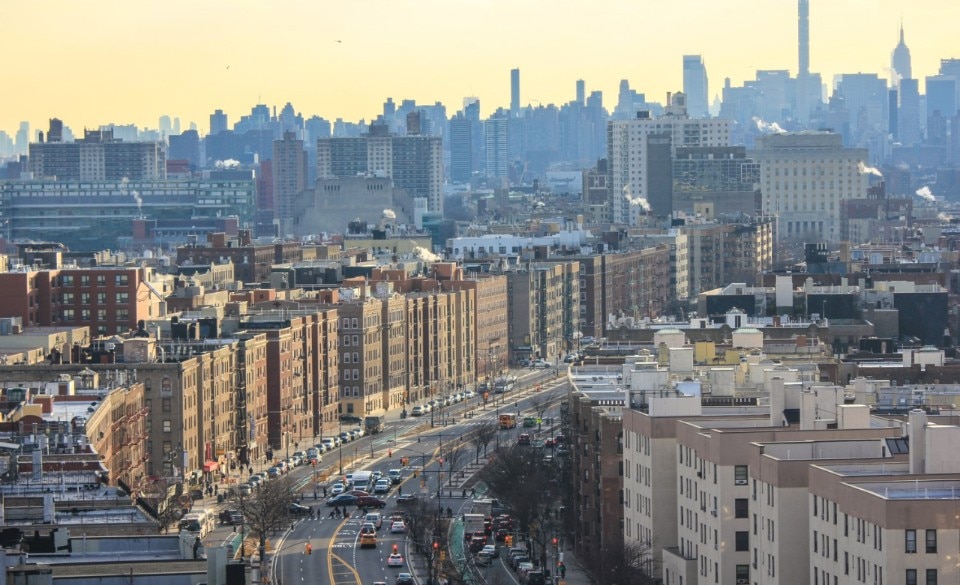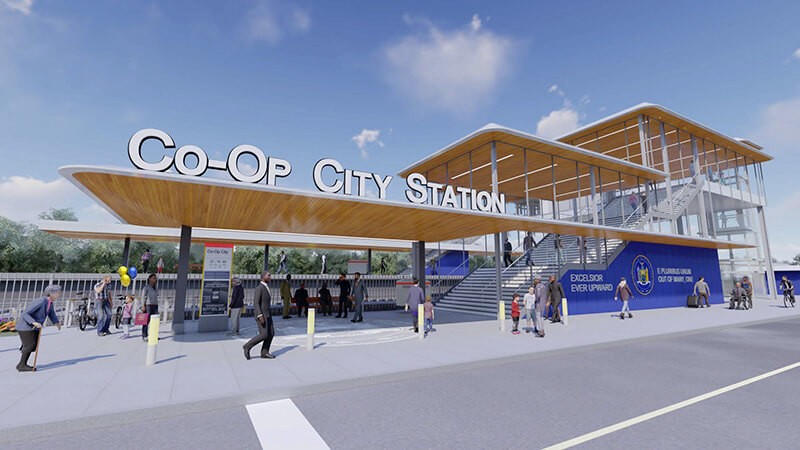In New York City, the Bronx borough-one of the poorest in the city-has unveiled a major rezoning plan that includes four stations and 7,000 new homes as major points.
Residents of Co-op City, Parkchester, Morris Park and Hunts Point will soon be able to take advantage of new Metro-North stations, the centerpiece of a new 10-kilometers development corridor. The long-dreamed-of Co-op City station will reduce commute times between the Mitchell-Lama complex, home to more than 40,000 people, and the rest of New York City. Today, express bus service connects Co-op City residents to Midtown Manhattan in an hour, while the new train stop will reduce the commute to 27 minutes.
7,000 new homes will transform the Bronx
Some see the plan, which includes new public transport stations, as the first step towards gentrifying the area.

View Article details
- Romina Totaro
- 01 October 2024

Of the 7,000 new housing units, however, the mayor’s office said 1,700 will be offered at below-market prices. The new stretch of buildings will run parallel to the Hutchinson Parkway--a Robert Moses highway completed in 1941 that divides the majority black, Asian and Latino neighborhoods of Parkchester and Morris Park to the west--and the single-family neighborhoods of Schuylerville and Throggs Neck to the east, which are nearly 50 percent white.
At the same time, the neighborhood, tells a long history of resistance to redistricting. In 2017, anti-gentrification protesters marched along Southern Boulevard in Hunts Point against the proposal. At that time, the Regional Plan Association (RPA) estimated that 71 percent of Bronx residents are at risk of displacement due to gentrification.
The approval of the upzoning, which took place on August 15, was promoted though with not a few doubts from some city councilors. Matt Cruz, District Manager for Community Board 10 of the Bronx, voted no because of “concerns about affordability, building height, and lack of housing opportunities.”
Indeed, the jury is split on whether or not the rezoning will provide civic benefits or exacerbate inequality in New York City’s poorest neighborhood. While the mayor’s office and several Bronx City Council members support this latest approval, several community groups see it as a crucial first step toward gentrification.
Opening image: Bronx, The Hub. Photo from Wikicommons